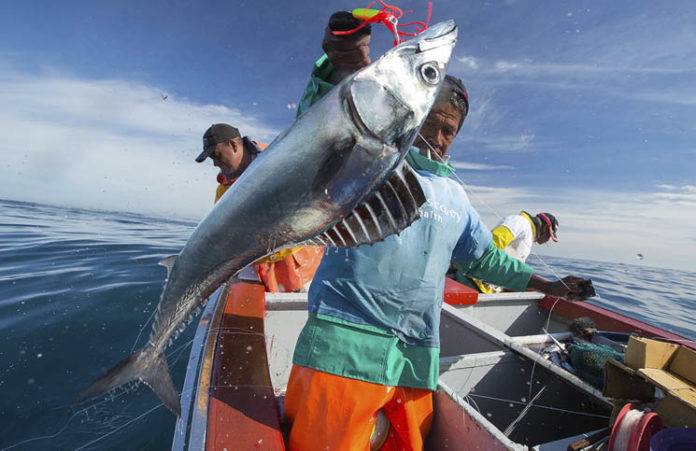
WWF South Africa is celebrating 50 years of protecting and nurturing our natural environment, ensuring that some of the most remarkable places in Southern Africa are preserved for people and nature.
Many of these places have become pristine and much-loved destinations for South African and international visitors, but they would not exist were it not for the significant conservation and lobbying efforts of WWF SA.
Here are three significant WWF SA milestones which ensure our spaces and natural resources are protected and sustained for all to enjoy:
Wildlife: Rhino relocated to breeding projects on community-owned game reserves – Since the 80s, WWF has been involved with conserving the iconic and endangered African rhino – both black and white. With great foresight in 2003, far ahead of the devastating rhino horn poaching crisis, WWF established a breeding and subsequent relocation project for the critically endangered black rhino. In 2007, the first community-owned game reserve received a group of black rhino from WWF’s breeding project. To date, 11 new groups of about twenty black rhino have been relocated and successfully established.
Water: A million hectares of alien plants cleared, freeing up natural water flow – In the mid-90s WWF helped to catalyse a national job creation initiative in areas of high density invasive alien vegetation, to clear these water-thirsty plants from the rivers and free up natural water flow. Working for Water is now run by government with over 300 projects across all nine provinces. They have collectively trained and employed 20 000 men and women who have cleared more than a million hectares of alien plants.
Oceans: Protecting our oceans and empowering seafood lovers – In the early days of conservation in South Africa, in 1969, the first funded marine research project involved tagging of 200 000 loggerhead turtles on the east coast.
In recent years WWF SA has been driving change across the entire marine sector through fishing companies and retailers, as well as empowering consumers to make sustainable seafood choices through the red, orange or green grading system known as WWF-SASSI, the Southern African Sustainable Seafood Initiative.
WWF SA will be hosting a fund raising gala dinner at the Cape Town International Convention Centre on Saturday, 1 September 2018, calling on all to join them as they share their optimistic vision to 2068 and take guests through the challenges and successes of their journey from 1968 to 2018 in protecting everything from South Africa’s rhino, to the oceans, freshwater sources and unique wild spaces.
For more information visit www.wwf.org.za

